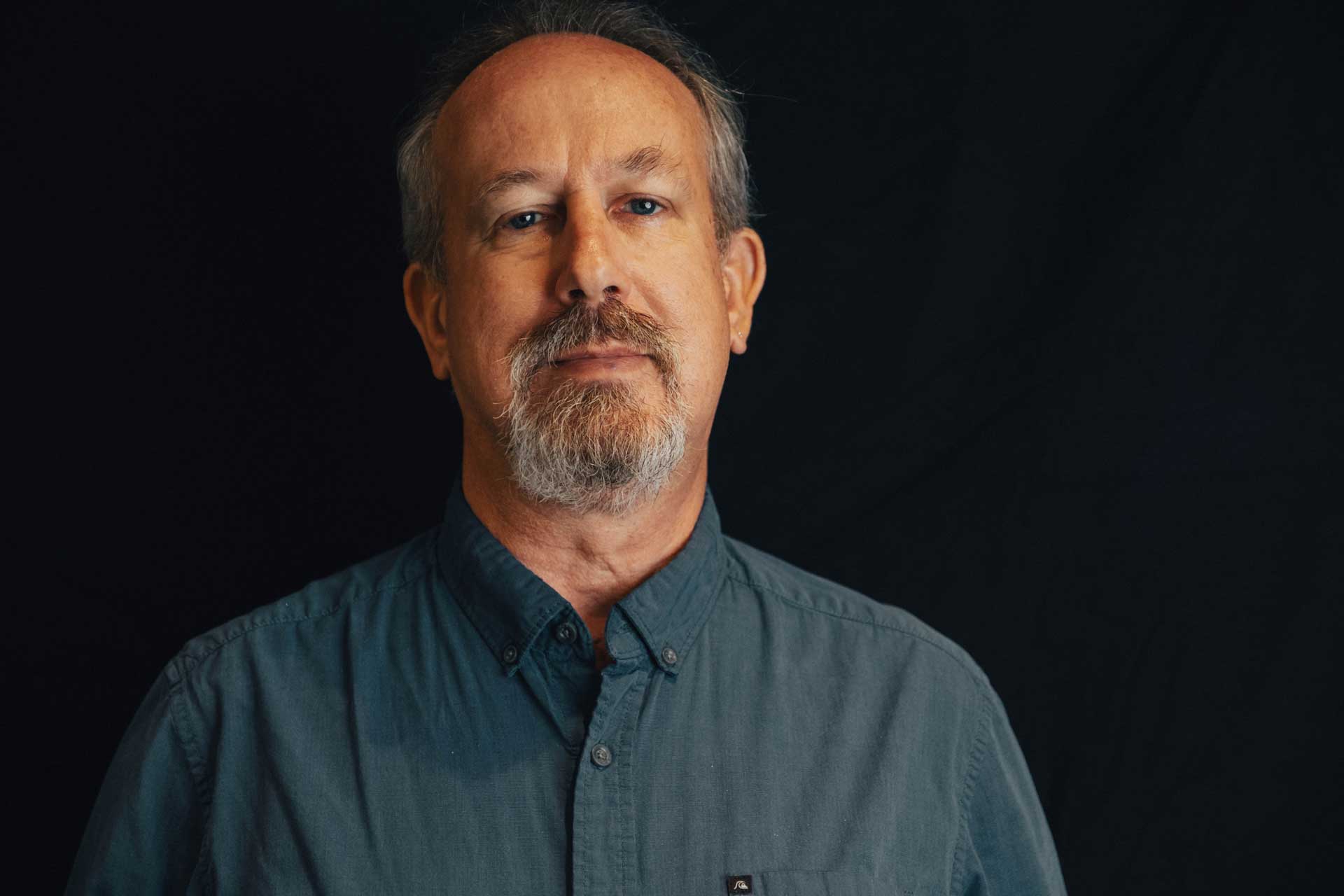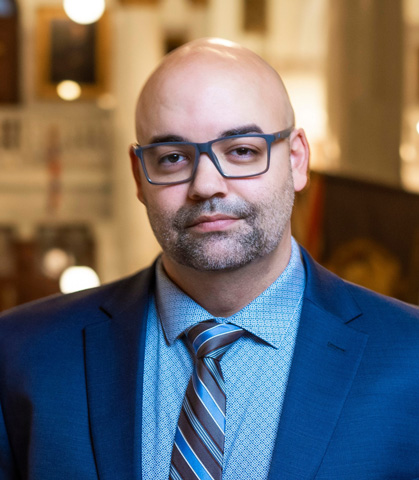top of page

SEVEN/FIFTY
The Centre for Constitutional Studies Blog
A hub for current constitutional dialogue and commentary in Canada and beyond
Recent Posts


A Provincial Role in Judicial Appointments: Turning a Reasonable Request into a Poison Pill?
Late last month Alberta Premier Danielle Smith sent Prime Minister Mark Carney a letter, made public in the first week of February, seeking a role for the Alberta government in the selection of federally-appointed judges. [1] This is a reasonable request. Indeed, my understanding is that it has generally been common practice for the federal Justice Minister to seek the opinion of their provincial counterpart from the province for which they would be appointing a judge (as we

Ian Peach
Feb 247 min read


Understanding Quebec v Senneville, Part III: Interview with Emmett Macfarlane
This is the third in a series of three expert interviews on the Supreme Court of Canada’s recent judgment in Quebec v Senneville — a judgment that elicited a great deal of public attention and controversy when it was released in October 2025. In Senneville , the Supreme Court struck down two mandatory minimum sentencing provisions relating to possession and accessing of child pornography, ruling that these sentences violated section 12 of the Canadian Charter of Rights and

Kira Davidson
Feb 196 min read


The Legal Effect of Section 33: What the Court Got Right and Wrong in World Sikh Organization v Attorney General of Quebec
Quebec’s Act respecting the laicity of the State (“Bill 21”) prohibits certain public sector employees from wearing religious symbols while performing their duties, [1] prohibits certain public sector employees from delivering public services while wearing facial coverings, and prevents individuals accessing certain public services from doing so with their faces covered. [2] The impact of these prohibitions, which clearly limit the religious freedom that is guaranteed by s

Nicole Ibalio
Feb 1711 min read


Understanding Quebec v Senneville, Part II: Interview with Steven Penney
This is the second in a series of three expert interviews on the Supreme Court of Canada’s recent judgment in Quebec v Senneville — a judgment that elicited a great deal of public attention and controversy when it was released in October 2025. In Senneville , the Supreme Court struck down two mandatory minimum sentencing provisions relating to possession and accessing of child pornography, ruling that these sentences violated section 12 of the Canadian Charter of Rights and

Kira Davidson
Feb 129 min read


Taking Stock of Alberta’s Human Rights Landscape in Light of Recent Uses of the Notwithstanding Clause
On December 9, 2025, the Alberta Legislative Assembly successfully passed Bill 9 on third reading, [1] invoking the notwithstanding clause in an effort to thwart Charter challenges against three statutes that affect the rights of transgender individuals in the province: the Health Statutes Amendment Act, 2024 (No. 2) [2] (previously Bill 26), which prohibits access to gender-affirming medical treatments for gender diverse youth under 16; the Education Amendment Act, 2024 [

Kira Davidson
Feb 914 min read


Understanding Quebec v Senneville, Part I: Interview with Lisa Kerr
This is the first in a series of three expert interviews on the Supreme Court of Canada’s recent judgment in Quebec v Senneville — a judgment that elicited a great deal of public attention and controversy when it was released in October 2025. In Senneville , the Supreme Court struck down two mandatory minimum sentencing provisions relating to possession and accessing of child pornography, ruling that these sentences violated section 12 of the Canadian Charter of Rights and

Kira Davidson
Feb 47 min read


Truth about Allegiance
It is, or at least was, fairly common practice in Canada to require people to take an oath to “be faithful and bear true allegiance to” the Sovereign, his heirs and successors. The single largest group of people who must swear the oath of allegiance are naturalized citizens, of whom I am one. Another fairly numerous group that used to be, and in some provinces still is, required to swear this oath consists of lawyers. It has also been a somewhat common practice for people to

Leonid Sirota
Jan 1511 min read


The Constitutional Crisis within the Climate Crisis
“[C]limate change is an existential challenge. It is a threat of the highest order to the country, and indeed to the world. ... The undisputed existence of a threat to the future of humanity cannot be ignored.” - References re Greenhouse Gas Pollution Pricing Act (2021) [1] In the References re Greenhouse Gas Pollution Pricing Act (“ GGPPA Reference ”), the Supreme Court of Canada used unequivocal language to characterize the “global climate crisis.” [2] Their message was

Areeba Ismail
Jan 710 min read


The Alberta Sovereignty Act is Back: Some Initial Thoughts on the UCP Government’s Latest Response to Federal Firearms Rules
In the weeks before and after it was passed, the Alberta Sovereignty Within a United Canada Act generated a wealth of controversy and debate. While the legislation that we got wasn’t as bold as the version originally proposed in the Free Alberta Strategy , it nonetheless struck many observers as an affront to basic constitutional ideals. Indeed, so glaring was this perceived affront that Emmett Macfarlane described the legislation as “ anti-constitutional ” and as “ the most

Richard Mailey
Dec 9, 202514 min read


John Howard Society of Saskatchewan v Saskatchewan on Sanctions, Segregation, and Section 11(d)
There are some fundamental legal principles that Canadian society rigorously protects. One such principle is the presumption that people are innocent until proven guilty, which is expressly protected by section 11(d) of the Charter of Rights and Freedoms . Section 11(d) states that “any person charged with an offence has the right: to be presumed innocent until proven guilty according to law.” [1] This section exclusively applies to those who have been criminally charge

Anjali Choudhary
Dec 2, 20257 min read
Search


Truth about Allegiance
It is, or at least was, fairly common practice in Canada to require people to take an oath to “be faithful and bear true allegiance to” the Sovereign, his heirs and successors. The single largest group of people who must swear the oath of allegiance are naturalized citizens, of whom I am one. Another fairly numerous group that used to be, and in some provinces still is, required to swear this oath consists of lawyers. It has also been a somewhat common practice for people to

Leonid Sirota
Jan 1511 min read


“Can They? Must They? Should They?” — Three Questions to Answer about the UCP's Use of the Notwithstanding Clause
When governments reach for the notwithstanding clause, three questions often get blurred together. Can they? Must they? Should they? These questions are related, but each demands a different kind of answer. “Can they” is a constitutional question about legal authority: does the Charter permit this move? “Must they” is a question about necessity: were there viable alternatives that could have addressed the problem without overriding rights? “Should they” is a normative questi

Jared Wesley
Oct 31, 20256 min read
bottom of page